India's resolute and inclusive diplomacy: A recap of NAM, G-77 Summits in Kampala
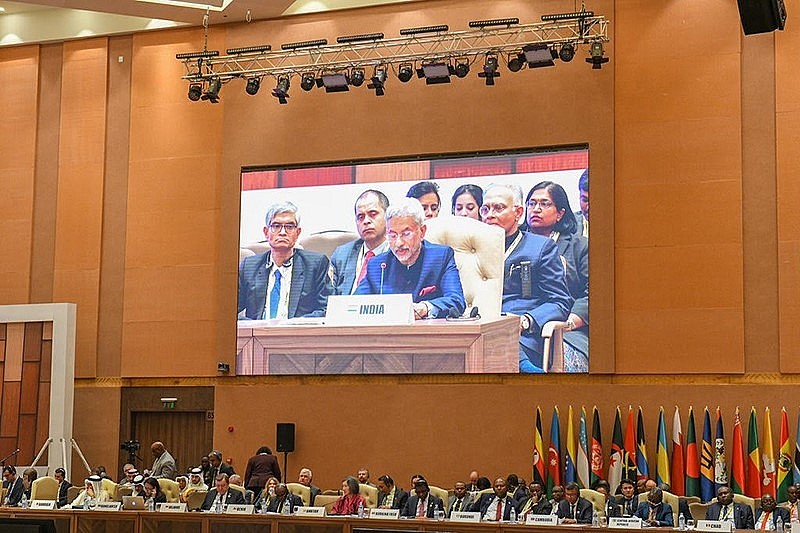 |
India was also well represented at the lead-up meetings: Dr. Rajkumar Ranjan Singh, Minister of State for External Affairs, attended the NAM Foreign Ministers' meeting, while Shri V. Muraleedharan, another Minister of State, participated in the G-77 Third South Summit held in Kampala on January 21-22, 2024.
This active engagement highlights India's commitment to the Non-Aligned Movement and its South-South cooperation agenda.
At the Third South Summit, India, represented by Muraleedharan, emphasized the pivotal role of the Global South as the "future growth engine." Accentuating the need for South-South Cooperation to address challenges and achieve Sustainable Development Goals (SDGs), he highlighted the unity and diversity within the Group of 77 (G77).
India reaffirmed its unwavering commitment to the Sustainable Development Goals (SDGs), with a particular emphasis on prioritizing poverty eradication in the Global South—echoing the sentiments expressed during its recent G20 Presidency as outlined in the New Delhi Declaration.
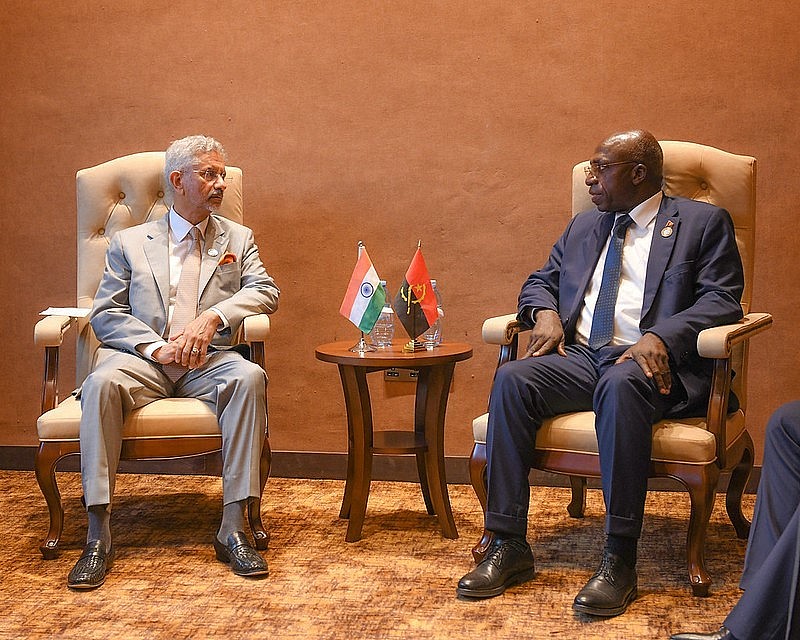 |
| External Affairs Minister, Dr. S. Jaishankar met H.E. Mr. Tete Antonio, Minister of External Relations of Angola on the sidelines of the 19th NAM Summit in Kampala |
India passionately advocated for innovative approaches in development financing, international financial reform, South-South cooperation, science and technology collaboration, and environmental sustainability. In pursuit of these objectives, a resounding call was made to overcome internal disagreements within the G77, accompanied by a concurrent proposal to fortify the group through the operationalization of the 'Open-ended Working Group.'
The Summit's theme, "Leaving No One Behind," aligns with India's commitment to the concept of "VasudhaivaKutumbakam" - the world as one family. Muraleedharan highlighted India's proactive role through initiatives like hosting the "Voice of the Global South Summit" and G20 Presidency outcomes. He emphasized the urgent need for comprehensive UN Security Council reforms and showcased India's capacity-building initiatives, including the Indian Technical and Economic Co-operation (ITEC) Programme.
In essence, India reiterated its steadfast dedication to collaborating with friends and partners from the Global South for an inclusive growth story. This commitment was emphasized during his official visit to the Ugandan capital for the Third South Summit of the Group of 77 and China (G-77), aiming to boost cooperation in trade, investment, sustainable development, climate change, poverty eradication, and the digital economy.
Moreover, Uganda hosted the 19th NAM Summit also, a historic gathering of over 120 developing nations under the theme "Deepening Cooperation for Shared Global Affluence." This critical event offered a platform for collaboration and progress on issues of vital importance to the developing world. India, a founding and leading member of NAM, wholeheartedly endorsed Uganda's chosen theme.
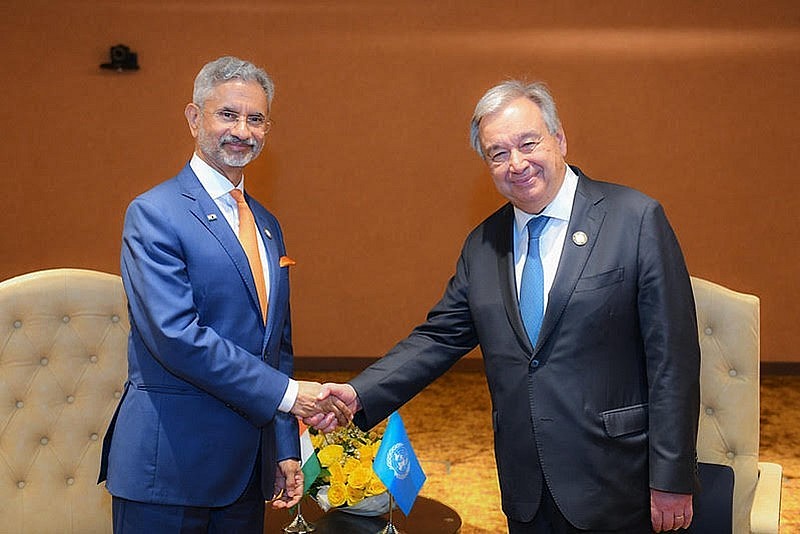 |
| External Affairs Minister, Dr. S. Jaishankar met H.E. Mr. Antonio Guterres, Secretary-General of the UN on the sidelines of the 19th NAM Summit in Kampala |
At the recent Non-Aligned Movement (NAM) summit, a large contingent of high-ranking officials, including dozens of heads of state, gathered to tackle pressing global issues. These ranged from the numerous ongoing conflicts to the crucial challenges of climate change, inflation, and economic growth.
NAM stands out from other organizations because it operates differently. Instead of a fixed headquarters or a founding document like a charter, it relies on the rotating chair country to take on the responsibility of coordinating the Movement's activities every three years.
Membership is diverse, with over 120 countries across continents participating, including Palestine and several observers. Among the full members, India, Venezuela, Iran, South Africa, and Saudi Arabia hold significant influence, while China, Russia, and Brazil are prominent observer nations. This unique structure and diverse membership define NAM's character and approach to global issues.
Founded on principles of self-determination and anti-oppression, NAM has consistently championed the rights of nations facing "foreign occupation and domination," as highlighted by Radio Free Europe. The movement also upholds the United Nations' core values, emphasizing non-violent conflict resolution and respect for every member's sovereignty and security. Globalization, development, food security, and nuclear disarmament are some of the key issues NAM countries have tackled in recent years. Notably, all decisions within the movement are made through consensus, reflecting its collaborative and non-aligned nature.
The summit has drawn nearly 4,000 representatives from member states across the globe, including India, Nepal, Kenya, and Sri Lanka. The delegates have split into two key committees: political and economic & social. Their crucial negotiations paved the way for the "Kampala Outcome Document," officially adopted by Foreign Ministers and then announced at the culminating Heads of State summit.
In his address at the 19th NAM Summit, Indian EAM, Dr. Jaishankar boldly declared that the movement's voice wouldn't just be heard, but would resonate globally. He urged member nations to shed their past timidity and, empowered by their growing capabilities and confidence, to courageously assert their rights and demands.
He emphasized that the way forward lies in collaboration and mutual reinforcement. By sharing resources, strengthening each other, and acting with greater confidence, NAM could truly impact the world. But this journey wouldn't be without challenges. From climate change and the pandemic's scars to ongoing conflicts and the burden of debt and inflation, the movement faced a complex scenario.
He reminded his audience that India stood as a "friend to the world," ready to navigate this new era. He warned against the subtle dominance of certain economic powers and underlined the need for NAM to stand united against those who treat developing nations as mere markets or resources. It was time, Dr. Jaishankar declared for NAM to not just survive, but to thrive, its voice rising ever stronger and echoing throughout the world.
The Indian External Affairs Minister observed that the world has drastically changed since the Non-Aligned Movement (NAM) last met in Baku in 2019. The pandemic, ongoing conflicts like the one in Gaza, and climate change have impacted everyone, and new forms of inequality and domination have emerged. He believed that to tackle these challenges, NAM must advocate for a multipolar world with a reformed UN at its heart.
Dr. Jaishankar reaffirmed India's global commitment to collaboration and fairness. He highlighted the emergence of a multipolar world, where a reformed UN with equal representation is crucial. He showcased India's efforts to bring change, like advocating for the African Union's inclusion in the G20.
However, he also urged immediate action to address the dire humanitarian crisis in Gaza, condemning terrorism and upholding international law. He reiterated India's support for a two-state solution to ensure Palestinian security and dignity.
He asserted that building regional economic hubs, resilient supply chains, and reliable data flows, along with sustainable lifestyles and people-centric policies, Digital Public Infrastructure were vital steps in the direction towards sustainable multilateralism.
Emphasizing food, energy, and health security, especially women-led development, adequate resources for climate action and SDG realization as critical, Dr.Jaishankar alluded to India's 600 projects in 78 nations (respecting each partner's choice) and 300 projects and 45,000 training slots for Africa as examples of India walking the talk.
He reminded the assembly that while chairing the G20, India prioritized voices from the Global South.
The Kampala Declaration, which was adopted at the end of the summit, marked a significant moment for the Non-Aligned Movement (NAM). As the second-largest global organization with 120 diverse member states, NAM demonstrated its ability to overcome the paralyzing influence of single vetoes, reaching unified resolutions on critical issues that have stalled progress at the United Nations. This summit showcased NAM's potential to set the agenda and find workable solutions even on issues where the UN struggles to achieve consensus.
The Indian EAM also met with several leaders from the various NAM members on the sidelines of the summit. On January 21st, he met with Sri Lankan President RanilWickremesinghe, likely discussing bilateral initiatives.
He held a series of fruitful meetings with his counterparts from Bolivia, Azerbaijan, and Venezuela, exchanging views on regional and global matters while furthering India's bilateral relations with each nation.
He also connected with Bahrain's Foreign Minister, engaging in discussions about current regional developments. Additionally, his meeting with Bolivia's Foreign Minister focused on strengthening cooperation in development and traditional medicine.
In conclusion, India's active and purposeful engagement in both the NAM and G-77 summits underscores its unwavering commitment to fostering collaboration, inclusivity, and addressing shared global challenges. This dedication reaffirms India's role in shaping an inclusive and prosperous world for all.
Recommended
 World
World
Trump’s Tariff Pause: A Strategic Move from “The Art of the Deal”?
 World
World
"Indian Navy's participation in AIKEYME exercise matter of great happiness": Admiral Dinesh Kumar Tripathi
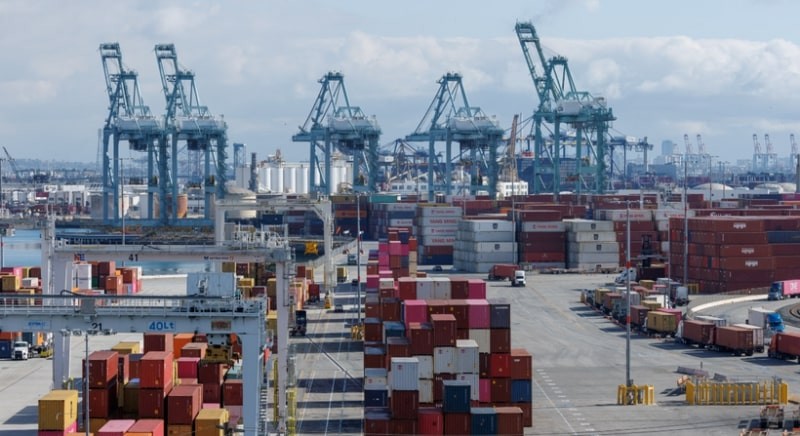 World
World
ASEAN and US Tariff Dilemma: Hybrid Approach to Global Trade Tensions
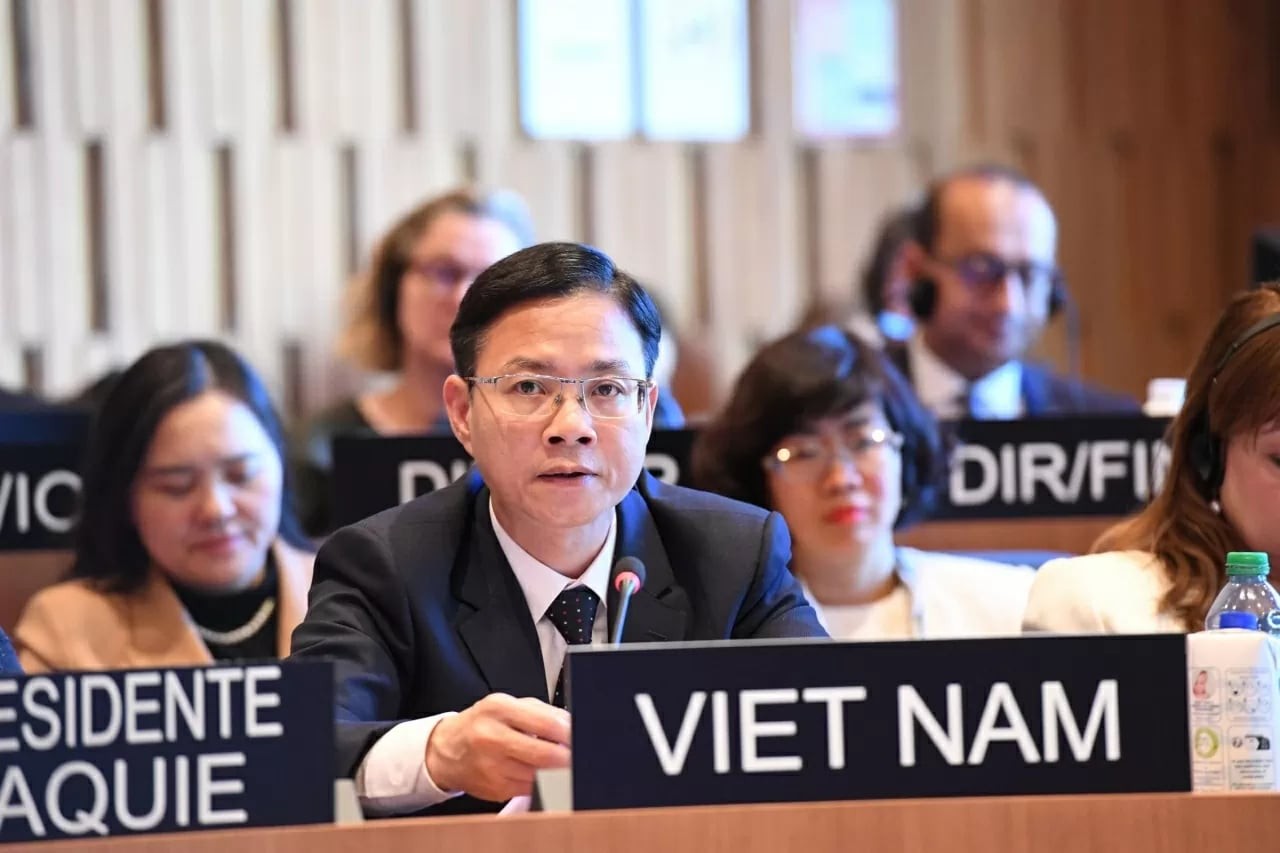 World
World
Vietnam Affirms Its Active and Responsible Role at UNESCO
Popular article
 World
World
US Imposes 125% Tariff on China, Pauses Tariffs for 90 Days on Over 75 Countries
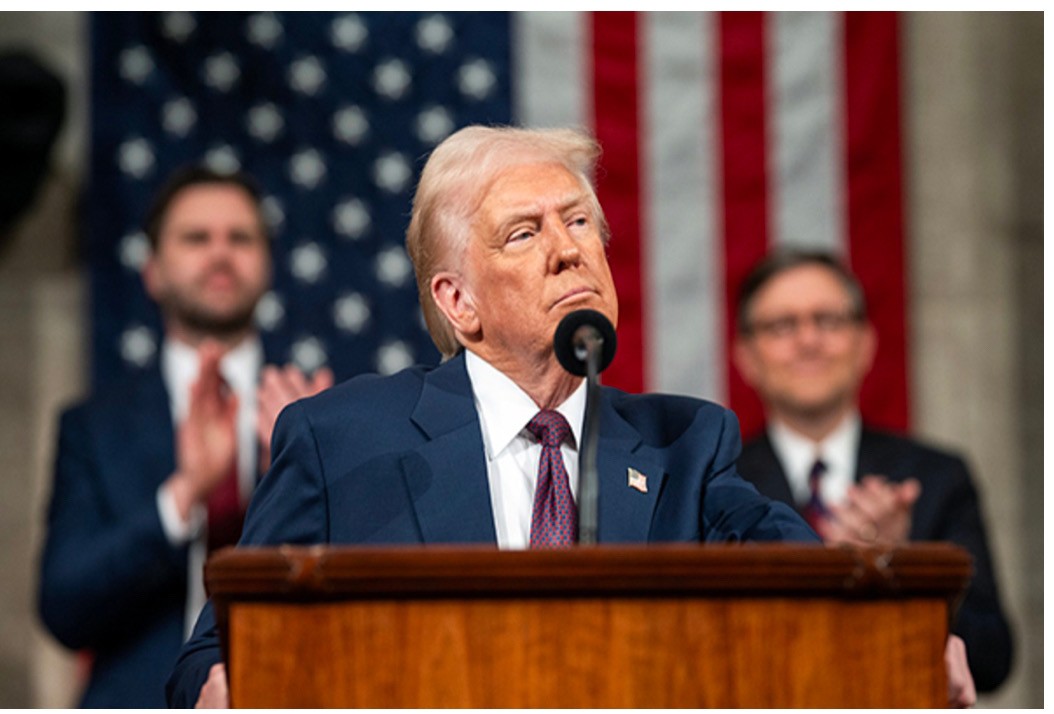 World
World
"Massive financial deficits with China, EU can only be cured with tariffs": Donald Trump
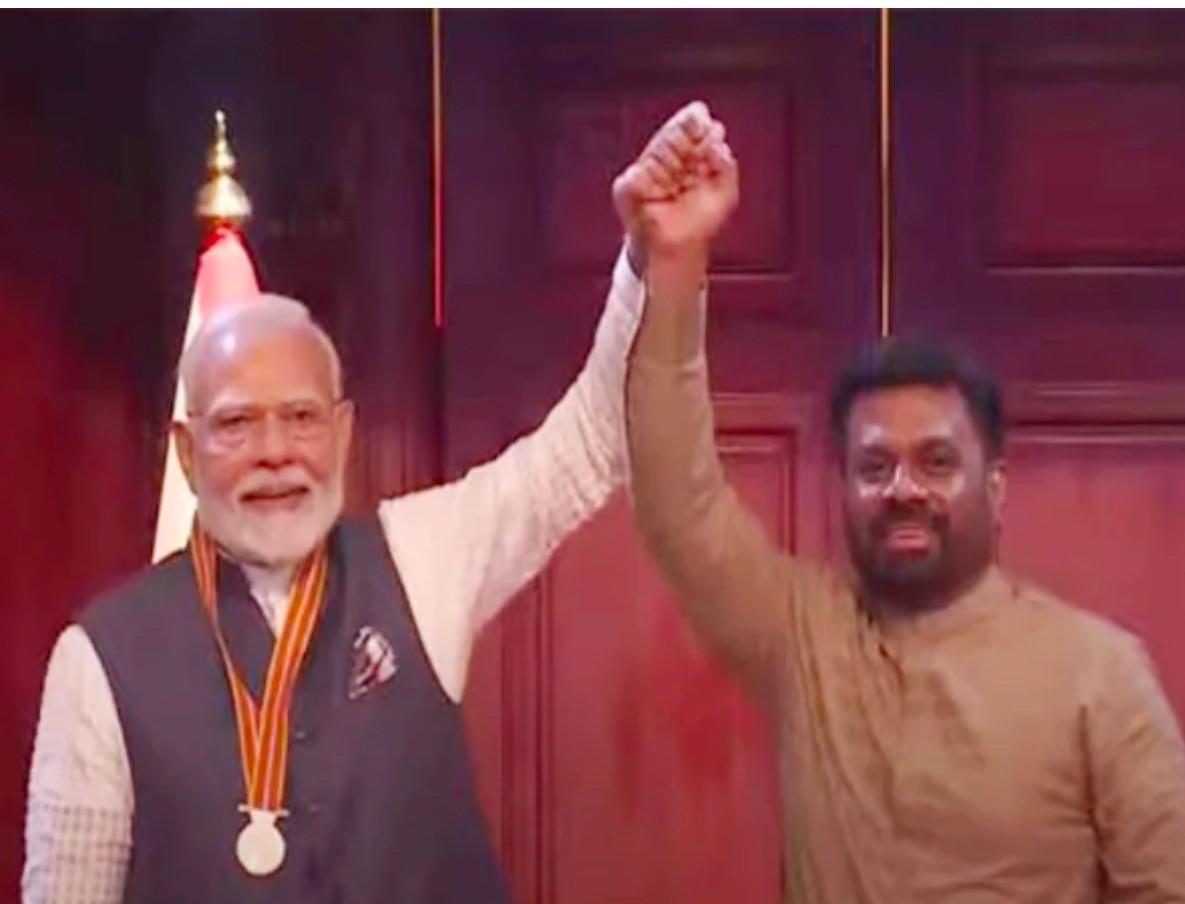 World
World
Modi’s Sri Lanka Visit: A Diplomatic Triumph Amid Regional Tensions
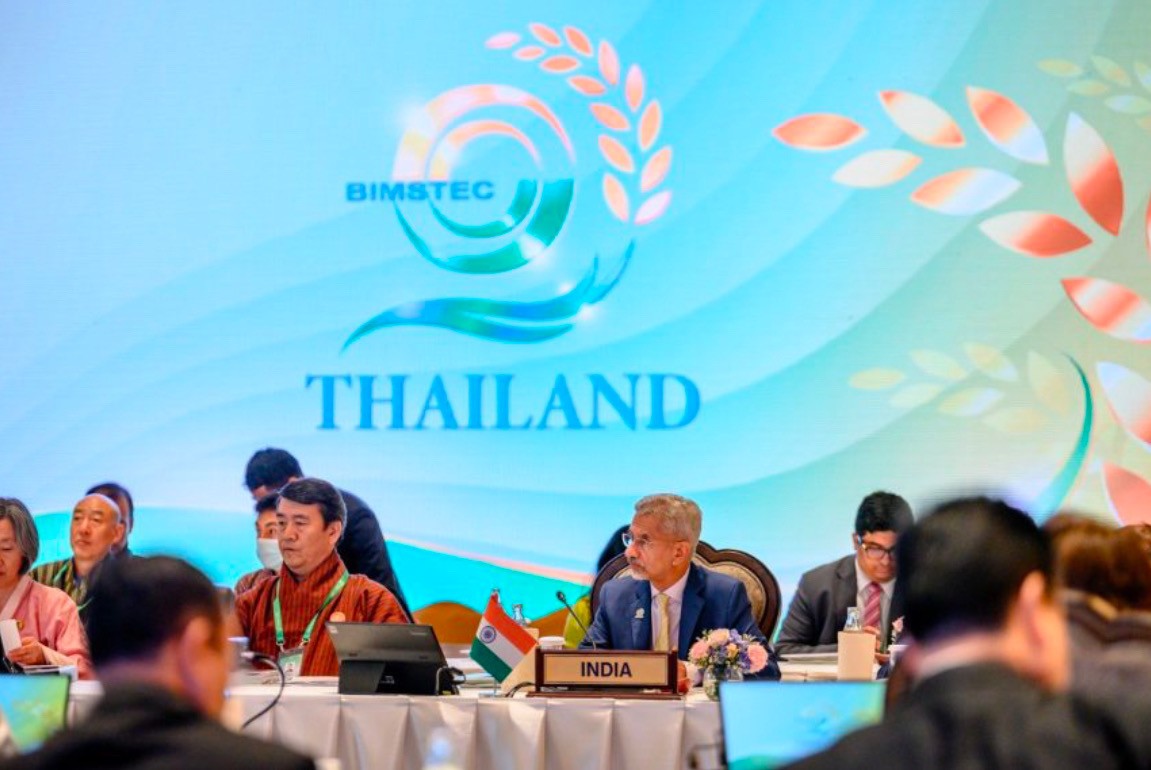 World
World



